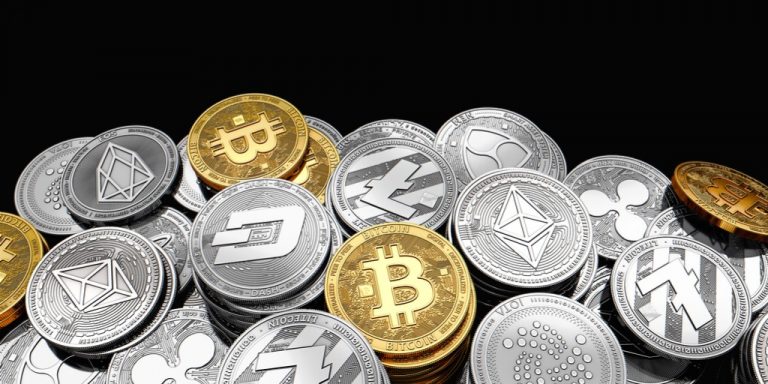
Cryptocurrency is indeed on the verge of creating major changes in the financial world around the globe. Despite the fact that many countries including Indonesia and China have completely banned virtual currency trading, it continues to surprise the world by finding uses in multiple dimensions of finance. And what is happening in Russia’s Kolionovo village is a evidence that digital tokens may be here to.
ZeroBank Announce Launch Of Feasible Initial Coin Offering (ICO) Project
Kolion Rapidly Replacing Ruble In Villages
The last few years have been quite tough for the Russian economy with the imposition of economic sanctions by the United States. As a result, its currency the Ruble (RUB=X) has lost half its value since 2014. The country banned the use of Bitcoin (BTC-USD) a few years ago. However, now the farmers in the village of Kolionovo have found a way to reduce their exposure to the depleting national financial system on a broader level.
The farmers from the town of Kolionovo have started adopting a new crypto-token called Kolion which has almost completely replaced the Ruble for transactions. Farmers in this village that is located around 80 miles from Russia’s capital Moscow in the rural settlement of Yurtsovskoe of the Egoryevsky district has started using the local cryptocurrency to pay for local trade.
Mikhail Shlyapnikov Creates His Own Currency
Banker turned farmer, Mikhail Shlyapnikov faced a lot of problems when he decided to get a loan from the bank for his farm. He was asked to pay around 12% interest rates for a small business loan which was quite common a couple of years ago in Russia. But instead of accepting the conditions of the bank, Mikhail decided to create his own currency that could be used within his local area. According to Shlyapnikov, “I didn’t want to suffocate and be a slave of the banks. So I had to invent my own money. And I did it. I’m my own bank, government, and regulator.”
For that, he printed Kolions on paper. But they were banned in 2015 by the Russian court. Later on, in April 2017, he used the printed Kolions to raise $500,000 to create a crypto-kolion (KLN) through an initial coin offering. The tokens were issued through the WAVES blockchain platform. The banker has managed to convince most of the local farmers and suppliers from his town and surrounding villages to use Kolion.




